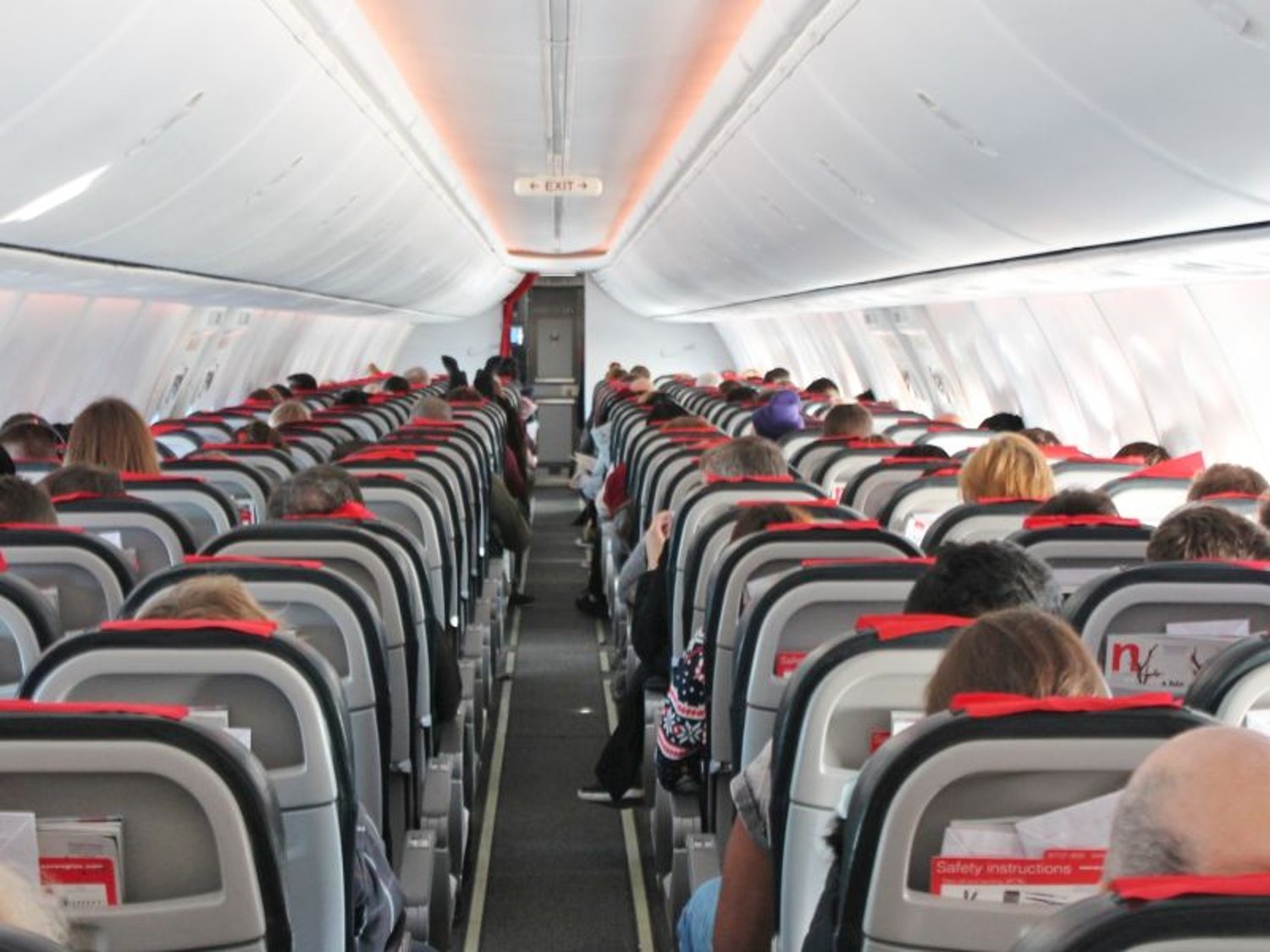Science Shows Safest Plane Seating to Cut COVID Spread

MONDAY, Dec. 27, 2021 (HealthDay News) -- Taking to the skies for a long-awaited holiday?
Choose your seat on the plane wisely and don't overlook familiar steps like keeping your mask on to reduce your odds for getting COVID-19 or another contagious disease, experts suggest.
“Spacing is an obvious challenge on airplanes, especially when the planes are filled at or near capacity over the holiday season. So anything that can be done to reduce risk is a smart choice for everybody,” study author Sheldon Jacobson said in a news release from the University of Illinois Urbana-Champaign. He's a professor in the College of Engineering.
Jacobson and his university colleagues used the latest data on aerosol spread to model the most desirable seating assignments on common Boeing airplanes.
Most protective seating arrangements? Leaving middle seats open and skipping some rows.
The researchers also found that the plane's very last rows had less transmission because fewer people were behind them. That suggests that on a fuller flight, back rows could be filled, as well as roomier seats in higher classes, they said.
Another way airlines can reduce overall risk: Seat families or household groups together.
“Traveler groups often are split up, but if airlines can prioritize keeping the members near each other, then you group those dependent risks together and reduce the overall risk of a transmission on the plane,” said study co-author Ian Ludden, a graduate student in computer science.
And, of course, don't forget your mask. Federal law requires you to wear one on the plane. And, the study found that wearing a mask consistently reduced the risk of COVID transmission by 30% -- regardless of seating arrangement.
“Your individual risk of contracting or spreading the virus depends on how good that barrier is and whether you remove it," Jacobson said.
Opening the air vents above your seat will provide additional protection. Then, cross your fingers and enjoy your trip.
"Risk reduction is possible," Jacobson said, "But risk cannot be completely eliminated."
The findings were recently published in the Journal of Air Transport Management.
More information
The U.S. Centers for Disease Control and Prevention has more on COVID-19 prevention.
SOURCE: University of Illinois Urbana-Champaign, news release, Dec. 21, 2021
Related Posts
Time Spent in Sedentary Behavior Tied to Incident Dementia in Seniors
TUESDAY, Sept. 12, 2023 (HealthDay News) -- For older adults, there is a...
Tumor Biology, Social Determinants Equally Contribute to Breast Cancer Disparities
THURSDAY, Feb. 23, 2023 (HealthDay News) -- Social determinants of health and...
¿Productos de CBD y cannabis para el acné y la psoriasis? Los dermatólogos aconsejan tener cuidado
LUNES, 17 de enero de 2022 (HealthDay News) -- Una creciente cantidad de...
Variation Seen in Dosing of Meds at Prehospital Pediatric Encounters
MONDAY, July 10, 2023 (HealthDay News) -- For pediatric patients in the...
